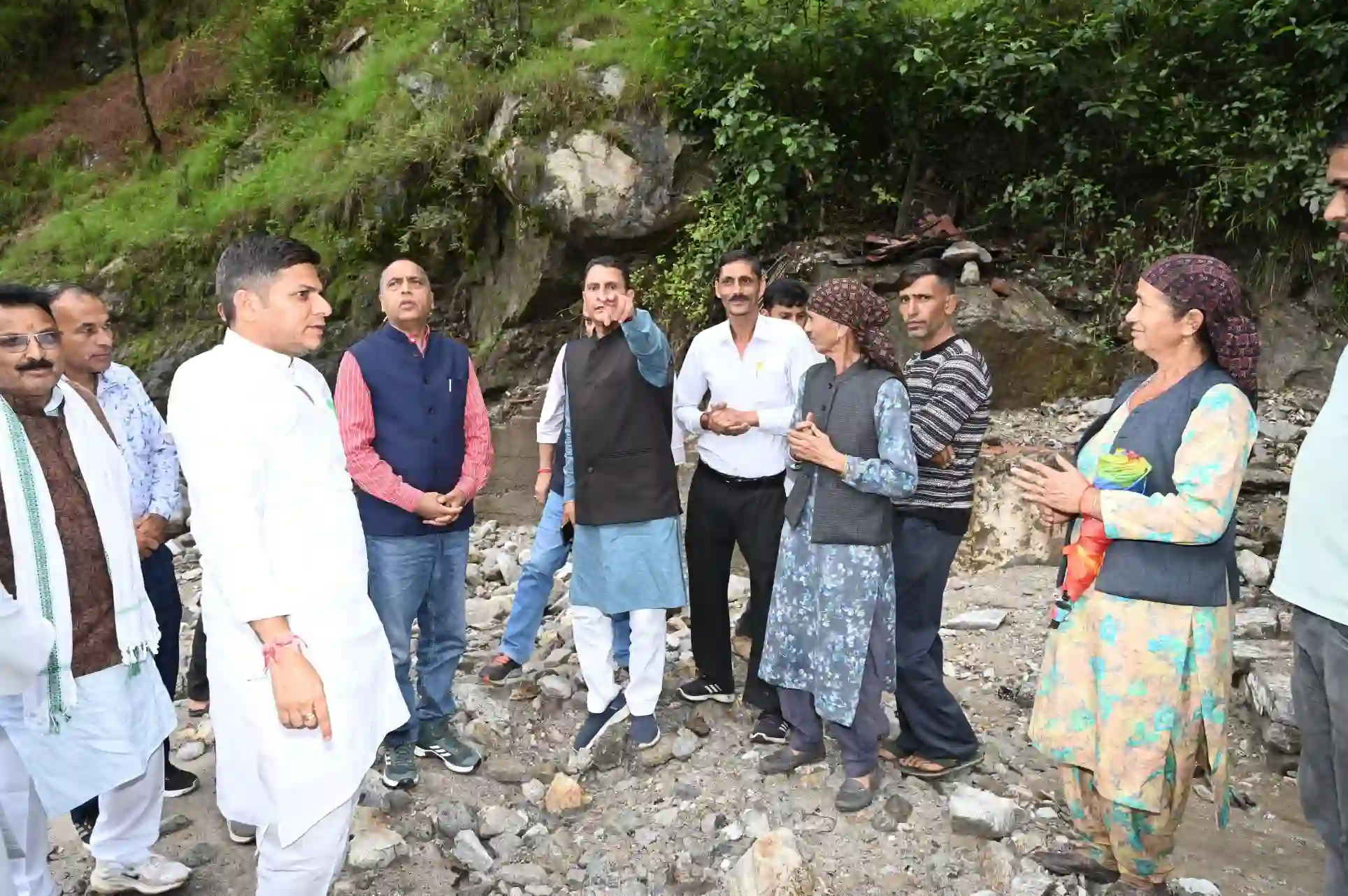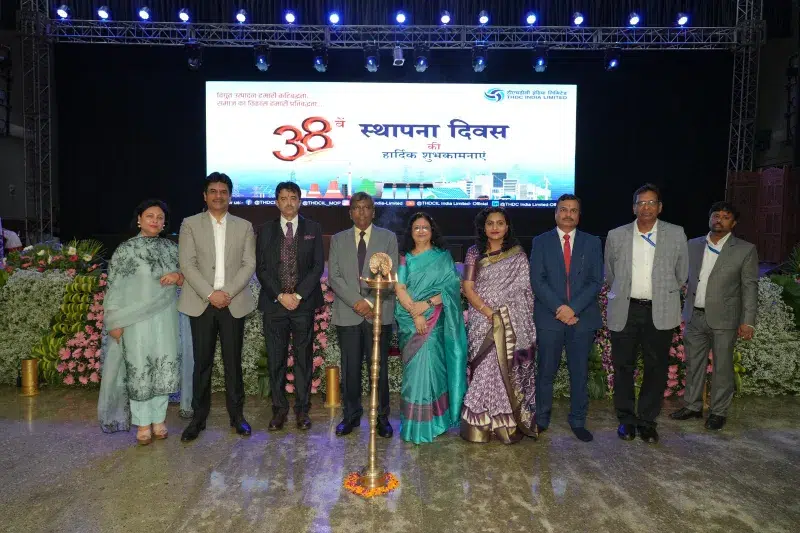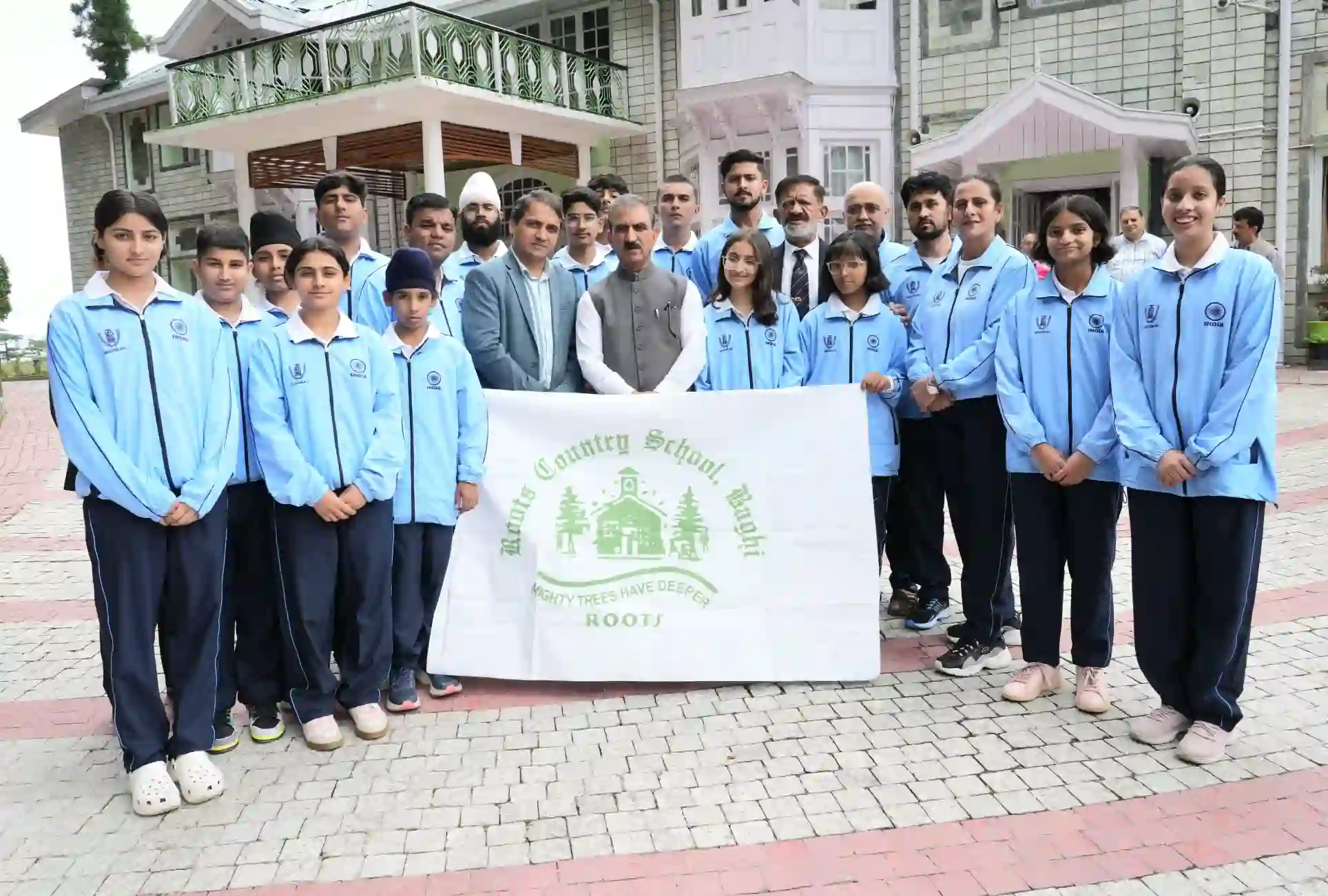After Retirement, Shimla’s DD Kashyap Achieves Self-Sufficiency Through Natural Farming
2 min read
Shimla, April 27: Agriculture plays a vital role in Himachal Pradesh’s economy, with around 69% of the population directly or indirectly dependent on it. Recognizing its significance, the state government has prioritized farmers’ welfare, implementing schemes to enhance income and reduce farming costs.
Promoting natural farming has become a key focus, with a goal of enrolling one lakh new farmers this financial year to move away from chemical-based agriculture. The government has also raised the minimum support prices for natural farming produce like maize and wheat, setting new standards across India.
One remarkable example is Durga Dutt Kashyap from Pahal village, Shimla Rural Sub-Division. After retiring as a Sub-Divisional Officer from the Himachal Pradesh State Electricity Board in 2015, DD Kashyap embarked on a journey of natural farming. Today, he grows around 116 varieties of food crops, fulfilling almost all his household needs without relying on public distribution systems.
Transforming his rocky and barren ancestral land, Kashyap enriched it with cow dung and forest leaves, significantly improving its fertility. Over the years, he successfully cultivated a wide range of fruits (like apples, mangoes, kiwis), medicinal plants (like ashwagandha, moringa), grains, pulses, oilseeds, vegetables, and even flowers.
Notably, he has started planting white sandalwood, aiming to cultivate around 200 trees, which could yield substantial economic benefits for future generations. He also benefited from various government schemes aiding in cattle purchase, farm development, and storage facilities.
Honored at the district-level farmers’ fair by Minister Vikramaditya Singh for excellence in natural farming, DD Kashyap’s story inspires other farmers to embrace sustainable agriculture practices. He advocates for organizing motivational conferences to further promote natural farming as a viable and eco-friendly livelihood option.






